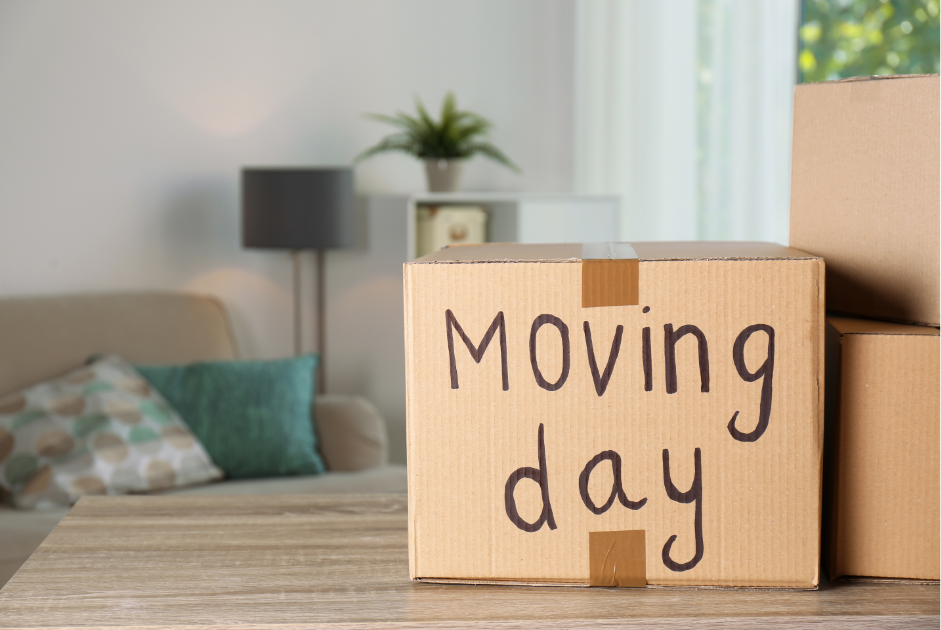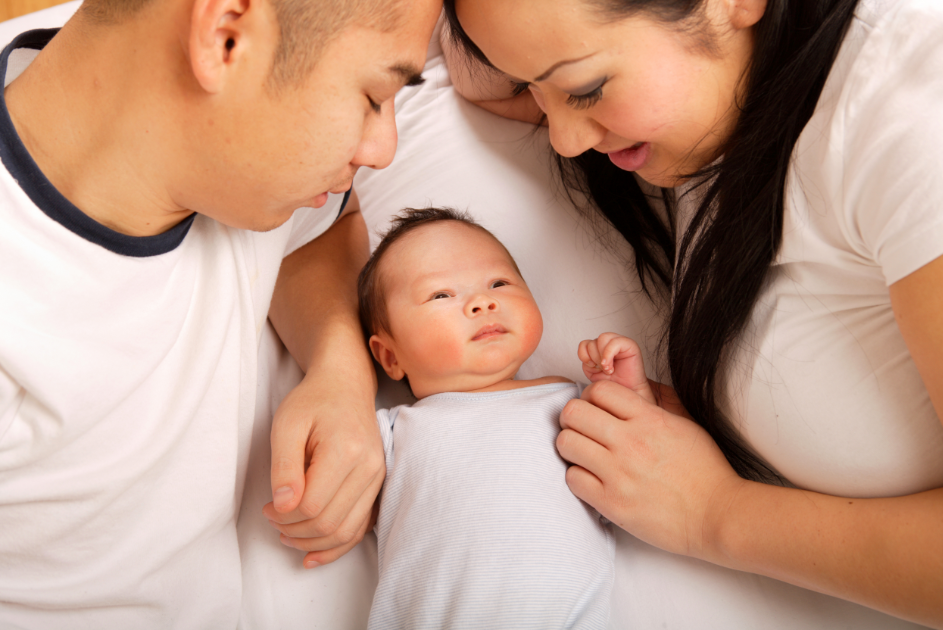Studies show non-parents are happier than parents unless 1 of these 3 things are true
"Bundle of joy" might not be the most apt nickname.
Having kids decreases your quality of life and marital satisfaction, but that doesn't mean you can't be happy.
For decades now, there's been one great question looming over society: Does having kids make you happier?
Most studies show that, perhaps surprisingly, people without children tend to be happier, or have more life satisfaction. When you really think about it, it makes sense why: being child-free eases your finances and allows you more time to pursue friends, romance, hobbies, travel, adventure, and career aspirations. Having children makes your immediate quality of life and marital satisfaction go down temporarily, or in some cases, permanently. In 2024,The Surgeon General even issued an advisory warning that parental stress is a major public health issue.
But there are three factors that might turn the tide. In the right circumstances, the joy and immense satisfaction of raising children can overcome all the associated stressors and lead to incredible happiness. Other studies from around the globe prove that you might just be a happy parent if:
1. Your kids have moved out

A study from Heidelberg University in Germany specifically looked at happiness in people aged 50 and older. What they found makes a lot of sense.
People who have children were happier than those without, but only in the older age group, and only when those grown children no longer lived at home. Drilling down, the research found that when children become a source of "social enjoyment" rather than stress, life satisfaction increases dramatically while symptoms of depression decrease.
You can think of it as finally getting to enjoy the fruits of your hard labor. After spending decades teaching, nurturing, and shaping your children, your twilight years are when you get to really enjoy them as fully-fledged people who enrich your lives. While there's lots of joy and fun and happiness to be found in the younger years, those years are also marred with financial and other stressors which can subdue our overall happiness.
2. You have a lot of money AND good work/life balance

A 2019 study out of Bocconi University in Milan, Italy found that "Parents are happier than non-parents ... as long as parents feel they can handle their work pressures to find work/life balance and they have the financial and other resources they need."
Oh, is that all?
Some estimates say it costs roughly $24,000 per year to raise a child, on average. A family with three kids would need to make about $75,000 just to cover the absolute bare minimum food and childcare costs—yowza! The costs are more when they're young (daycare, childcare, diapers, toys), but it never stops being expensive. Parenting is also extremely time-consuming, requiring several hours per day of childcare and extra housework for most families.
The impossible conundrum that many parents find themselves in is somehow having enough money and enough time to do it all. It's easy to see that if you can somehow solve that puzzling equation, yeah, you'd be a heck of a lot happier. Easier said than done!
3. You don't live in the United States

In 2016, The Council on Contemporary Families wanted to look into whether parental discontent was a global phenomenon or not. So, they studied parents and non-parents from 22 different countries to see if they could find any differences in life satisfaction.
The report found that parents in countries like Norway, Hungary, Portugal, Finland, Sweden and Spain were shown to be happier than non-parents.
And yet, according to Time Magazine, "Of the 22 countries the researchers studied, America has the biggest happiness differential between parents and the child-free."
The report specifically cites the high cost of childcare for young children and the limited amount of paid leave Americans receive—and not just parental leave, but simple vacation time. Countries like Spain and Portugal mandate anywhere from 22-30 paid leave days per year, while Americans average about 11. That allows for significantly less time to actually enjoy time with your kids, and has a big impact on our happiness, or lack thereof.

Of course, happiness can be measured in a lot of different ways. Is happiness a blissful feeling of freedom and joy? Or is it a deep satisfaction and sense of purpose in your life? Or maybe a combination of the two?
What the overall body of research seems to show is that there are many different paths to happiness, whether you choose to have children or not. Finding joy and satisfaction in your life as a parent might be considered "hard-mode." There are a lot of obstacles working against you, especially in America, but the research is beginning to give us some clues about how we can get there.
This article originally appeared last year. It has been updated.

